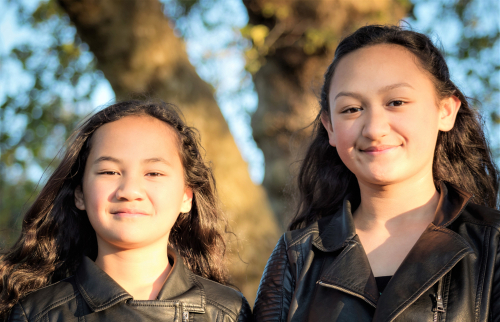 New Zealanders are hoping a permanent Māori Health Authority will be able to close the gaps in asthma and other respiratory disease care.
New Zealanders are hoping a permanent Māori Health Authority will be able to close the gaps in asthma and other respiratory disease care.
According to the Asthma + Respiratory Foundation New Zealand, Māori are almost three times more likely to be hospitalised with asthma than other New Zealanders, and Pacific peoples 3.2 times.
Similarly, asthma mortality rates are about three times higher in Māori and Pacific people than New Zealanders of European descent.
Medical director of the Asthma Foundation Dr James Fingleton said a national, co-ordinated response to address health inequalities was long overdue.
“At the government level, respiratory health needs to be a priority and investment must be made into targeted programmes aiming to reduce inequalities,” he said in a statement from the Asthma Foundation.
He is hopeful that the Authority, currently in an interim form and due to be permanently established in July 2022, will offer a solution.
In particular, he is keen to see the Authority commission new culturally appropriate, co-designed and targeted services aimed at improving care for the people most at risk.
“If they were willing to do that sort of thing, they could make a big difference.”
Dr Fingleton said while the existing health system had tried to make some of those changes, there was some advantage in designing programs from the ground up rather than trying to retrofit them.